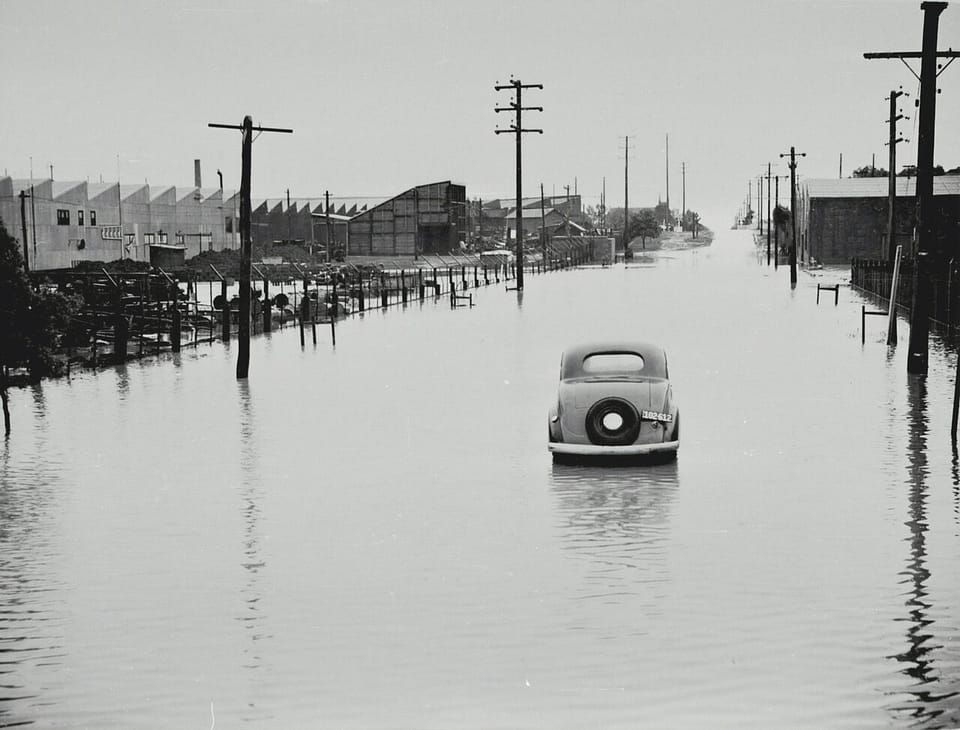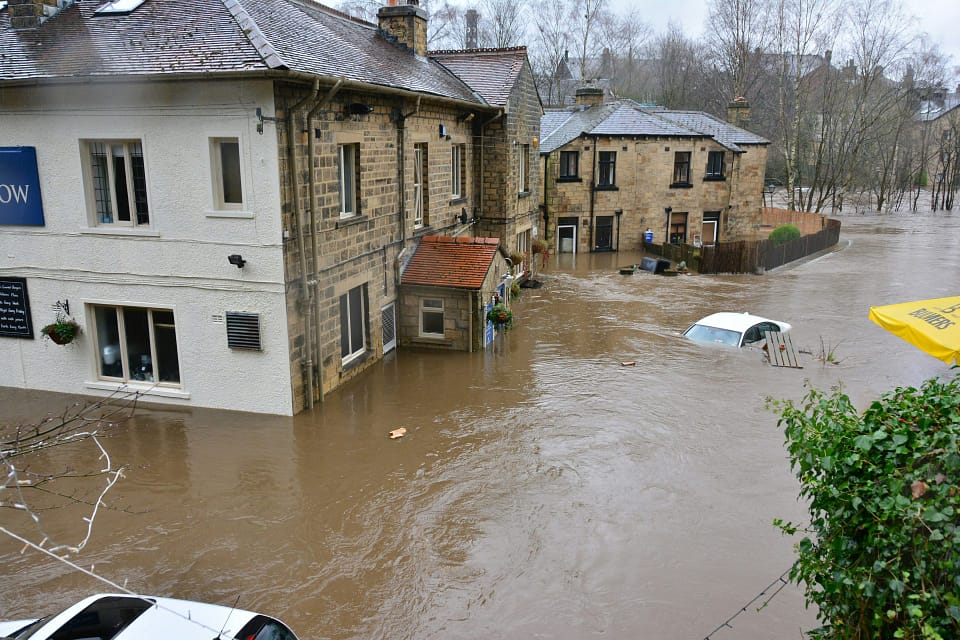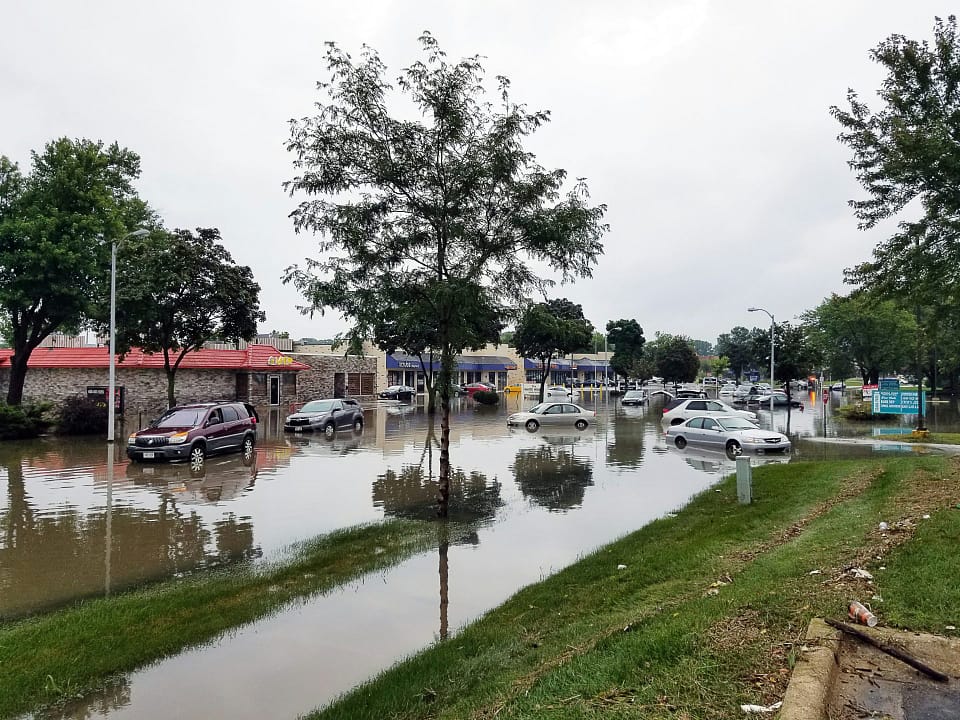Legal Requirements for Selling Flood-Damaged Properties in Philadelphia

If you are a homeowner, then surely water-damaged property is one of your biggest nightmares. The reasons are obvious! It can cause serious damage to the property and also create legal complications.
And let’s not forget how your property’s value drops dramatically.
Water damage is common due to flooding in Philadelphia. And it could easily worry you if your property is facing the same.
There are a lot of legal requirements you need to take care of when selling your flood-damaged property which can be intimidating. But worry not!
This guide will definitely make the selling process easier for you.
Here’s everything you need to know to sell your flood-damaged house smoothly in Philadelphia.
Step 1: Call Your Insurance Agent ASAP!

First things first! Contact your insurance agent right after the flood damage. Seriously, do this right away! They are your go-to folks for all things insurance-related.
Get your home assessed thoroughly. This assessment will tell you about all the damage your house has faced.
You’ll need this info when you’re ready to sell, and who knows? You might be eligible for some financial support for repairs!
Every bit helps when you’re dealing with a soggy situation.
Step 2: Know Your Disclosure Requirements
In Pennsylvania, you can’t just hide the fact that your house has faced water damage or any other structural issues.
According to the law of the state, you must disclose any damages your home has had.
There is a Seller’s Property Disclosure Statement that you need to fill out. This form will have all the details of any flooding, water damage, or mold history.
Trust me, being upfront is the best way to go when selling your property. If buyers ask about the condition, you have to spill the beans without any filters.
Not doing so could land you in some illegal situation. And who wants all that mess when selling a property is already messy enough?
There is one more thing that can’t forget to share. Tell the buyers about any flood insurance your property has because it is their legal right.
This is a federal requirement under the National Flood Insurance Program (NFIP).
Step 3: Repair What You Can (If You Want)
Now, let’s talk about repairs. If your house got badly hit by the flood, it is a great idea to make some small fixes before putting it on the market.
Sure, you could list it “as-is” to cash buyers in Philadelphia but sometimes even making repairs can attract more buyers. and better offers for you.
But if you’re feeling overwhelmed by the repairing process. It’s fine too. You can also decide to sell your home as-is, especially if you want a quick sale. This is where cash buyers come into play!
Step 4: Set the Right Price
Pricing your home is a balancing act. You want to attract buyers while also getting what your house is worth.
A real estate agent who understands the local market, especially for damaged properties can help you.
You can do it yourself too by looking up the prices of similar properties in the area.
Step 5: Get Your Home Ready for Showings

Ready to show your house to the potential buyers? Make sure it is nice and welcoming to the visitors.
You can’t hide all the damage (and you shouldn’t), but creating a positive atmosphere attracts the buyers.
Open windows so air comes in and fills your house with freshness and throw in a little decoration too if it is easy for you.
Step 6: Sell Your Property to Cash Buyers
There is always an easier option when selling your property. Sell your property for cash to a buyer, and make the sale smoother faster and easier! Sounds like an amazing option, right?
Sure you have to tell them about all the damages to the property, but cash buyers can handle the rest. They can handle the repairs and cleaning themselves.
Step 7: Work with a Real Estate Attorney
Do you know the reason that makes selling your water-damaged house a headache? Yes, I am talking about all the legal complexities it has! And this is the part most sellers dread. But there is a way you can do it much more easily. By working with a good real estate attorney.
A real estate attorney can save the day by:
- Ensuring your disclosure forms are compliant with the Real Estate Seller Disclosure Law.
- Explaining flood zone regulations and whether the property falls within a FEMA-designated floodplain.
- Drafting or reviewing the sales contract to include necessary contingencies for “as-is” or cash sales.
- Handling deed transfers and making sure everything goes off without a hitch.
Because let’s be honest, you want to avoid any legal mess after the sale is done!
Sell Your Flood-Damaged House in Philadelphia
Selling your flood-damaged property in Philadelphia does sound like a major headache, but it doesn’t have to be!
You can make the process less of a nightmare easily.
By following these steps in our simple guide, you’ll breeze through the process with ease.
And if you decide to sell to cash buyers, it’s like hitting the fast-forward button! No repairs, no stress, just quick cash in your pocket.
So, take a deep breath, throw on a smile, and dive into your selling journey! You’re not just parting with a property, you’re stepping into a brand-new chapter of your life.
Let’s turn the page together.
